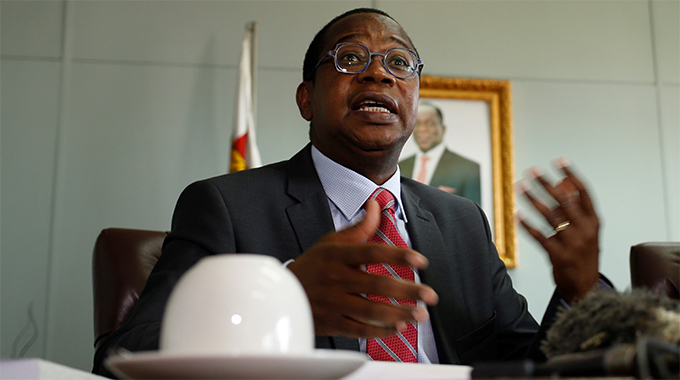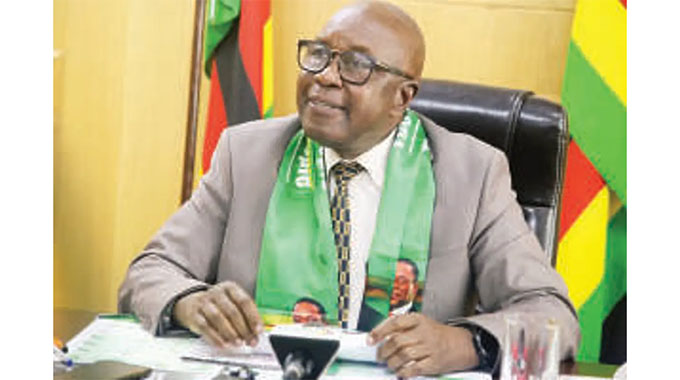Supplementary Budget possible midyear: Mthuli

Farirai Machivenyika-Senior Reporter
A supplementary Budget mid-year has not been ruled out by Finance and Economic Development Minister Professor Mthuli Ncube, he told the National Assembly when presenting a ministerial statement on the state of the economy.
The minister presented a $927 billion budget last year although changes could be made in light of the need to cope with major challenges and Parliamentary approval is required.
He acknowledged that the rise in global petroleum, energy and food prices as a result of the Russia-Ukraine conflict had already resulted in a rise in local fuel prices and extra production costs for companies.
“The global tensions that have developed, especially in Eastern Europe, have compounded the global economic conditions at a time when economies were starting to recover from the effects of the Covid-19 pandemic.
“Shocks are rising from higher commodity prices of energy, minerals and agricultural commodities are fuelling global inflation which passes through effects on domestic prices of goods and services.
“As is well known, both the countries of Russia and Ukraine are major exporters of metals, energy and agricultural commodities and disruptions in supply of these commodities have led to food prices increasing to a 14 year high. Fertiliser prices continue to increase as Russia, a major low-cost exporter of the product to the global market has curtailed exports,” he said.
The minister added that oil prices had surged to their highest level since 2008 on fears of supply constraints with Brent crude oil prices rising to as high as US$129 a barrel of 159 litres from around US$77 in December, 2021.
“With all these pressures, it may be necessary to bring a supplementary Budget to this Parliament and why not during the Mid-Term Review, but we will assess the situation. Indeed, the pressures are mounting and I will be very happy to receive the assistance of the House in passing such a supplementary budget,” Prof Ncube said.
The price of petrol on the domestic market has risen from US$1,40 a litre in January to the current US$1,67.
But Zimbabwe was benefiting from the rise in international prices of several metals, including gold due to its position as a safe haven, and nickel due to supply concerns and this would increase export receipts.
Domestically, the minister said, both the fiscal and monetary authorities will continue to implement and fine-tune policy measures that are meant to stabilise the currency and lower inflation, including, among other things, fiscal consolidation and restrained reserve money growth.
“Government has maintained near balanced budgets since 2019. Avoiding excessive spending and recourse to the central bank overdraft facility has reduced pressures on inflation and created buffers that have been deployed to mitigate exigencies such as the Covid-19 pandemic that has adversely impacted on the economy and livelihoods whilst also allowing the private sector access resources for productive economic activity and employment generation,” Prof Ncube said.
The Reserve Bank of Zimbabwe has instituted monetary reforms to curtail money supply growth, including strengthening the foreign currency auction system that has enabled access to foreign currency by the productive sectors for importation of critical raw materials and capital equipment.
The interventions have, to some extent, worked to restore stability on the exchange rate and ultimately, relative price stability which has seen annual inflation declining from a peak of 837 percent in July, 2020 to current levels of 66,1 percent recorded last month.
The Government has also implemented further policy measures to ensure stability of the local currency and prices through measures to increase demand for the local currency through taxes which were announced last month.
Some of the measures include payment of mining royalties in the Zimbabwe dollar up to a limit of 50 percent of royalties due; payment of 50 percent all duties and taxes on importation of designated motor vehicles in the local currency and payment of domestic taxes due from exporters on their export receipts in both foreign and local currency in direct proportion to the approved export retention levels.











Comments